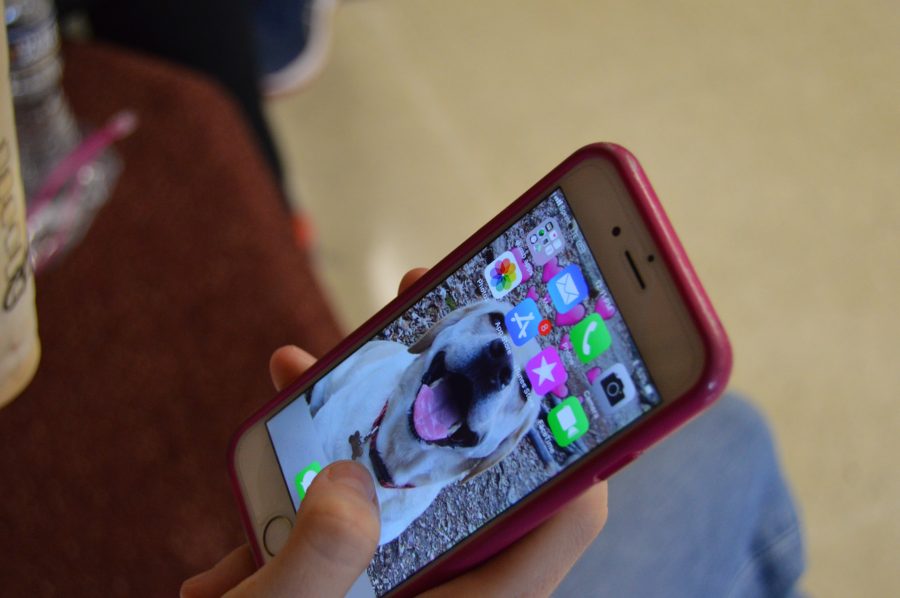Several countries including the United States practice what is known as internet censorship and surveillance. In these nations, the government monitors and screens information for possible threats to the government or country. This is generally abused in oppressive governments – yet even the U.S. is guilty of this. Three of the most notable countries to practice this are China, North Korea, and Russia. The United States’s FBI can request access to suspects’ smartphones, computers, and other devices.
Rumors spread when it was found that the U.S. could monitor calls, although this has never been confirmed. If the FBI has access to your smartphone or computer via a “masterkey” created for the government, there’s nothing stopping a cybercriminal from gaining access to the masterkey, leaving you and your personal data at risk.
Internet censorship and surveillance is not only intrusive, but it is also a danger to users’ information. A few years back, law enforcement asked Apple to create a “masterkey” which would enable law enforcement to access an offender’s iCloud data. Apple declined, stating it would decrease the security for everyone. Essentially, if the government had a “masterkey” they could use to hack into suspected criminals’ accounts, a cybercriminal could in turn use this “masterkey” to access millions of iCloud users’ data. The government would, in theory, use this only for the purpose of monitoring a terrorist or criminal. Because the U.S. government didn’t get cooperation with Apple Inc., they got help from Israeli hackers, who eventually hacked into the iPhone.
Students at Mason have mixed opinions over the government’s access to people’s internet data.
“If the government has reason to suspect that someone might be suspicious or involved in acts of terrorism or crime, then it’s okay to go through their things but they would have to have proper reason for it,” senior Jaden White said. “[Though] I think that with our criminal justice system that it could be abused really easily.”
Sophomore Vanya Saurers-Gish disagrees. “Personally, I don’t want the government knowing anything about me.”
Freshman Maria Parsov thinks it would be too intrusive. “It’s not good at all, you can text some personal stuff [that] nobody needs to see.”
But to White, there are some cases where government surveillance is acceptable.
“I get that government surveillance is for safety, [so] if you don’t have anything to hide, then there is no reason to be concerned about being check,” White said.
Some governments believe surveillance is a good thing. Russia has a Facebook-like platform called VKontakte (aka VK), meaning “in-contact” in Russian. To an extent, the Russian government and FSB (formerly KGB) has access to VKontakte information. Because of this, a certain “internet culture” has been created on VK, in which you won’t find much hate speech, blotter, or other aballing content you would normally see on western social networks.
In other countries, particularly China, this surveillance is much more noticable. For instance, on China’s WeChat, an app similar to WhatsApp, you cannot talk about the Tiananmen Square incident or anything else anti-government. If you do, you can potentially be imprisoned.
Governments censor and monitor the use of internet in their country and internationally in some cases, all in the name of homeland security and antiterrorism, and all while putting your data at risk. Government surveillance seems like a logical and practical way of protecting the nation, but in the end, the use of this surveillance can, and has already shown to become corrupt.









